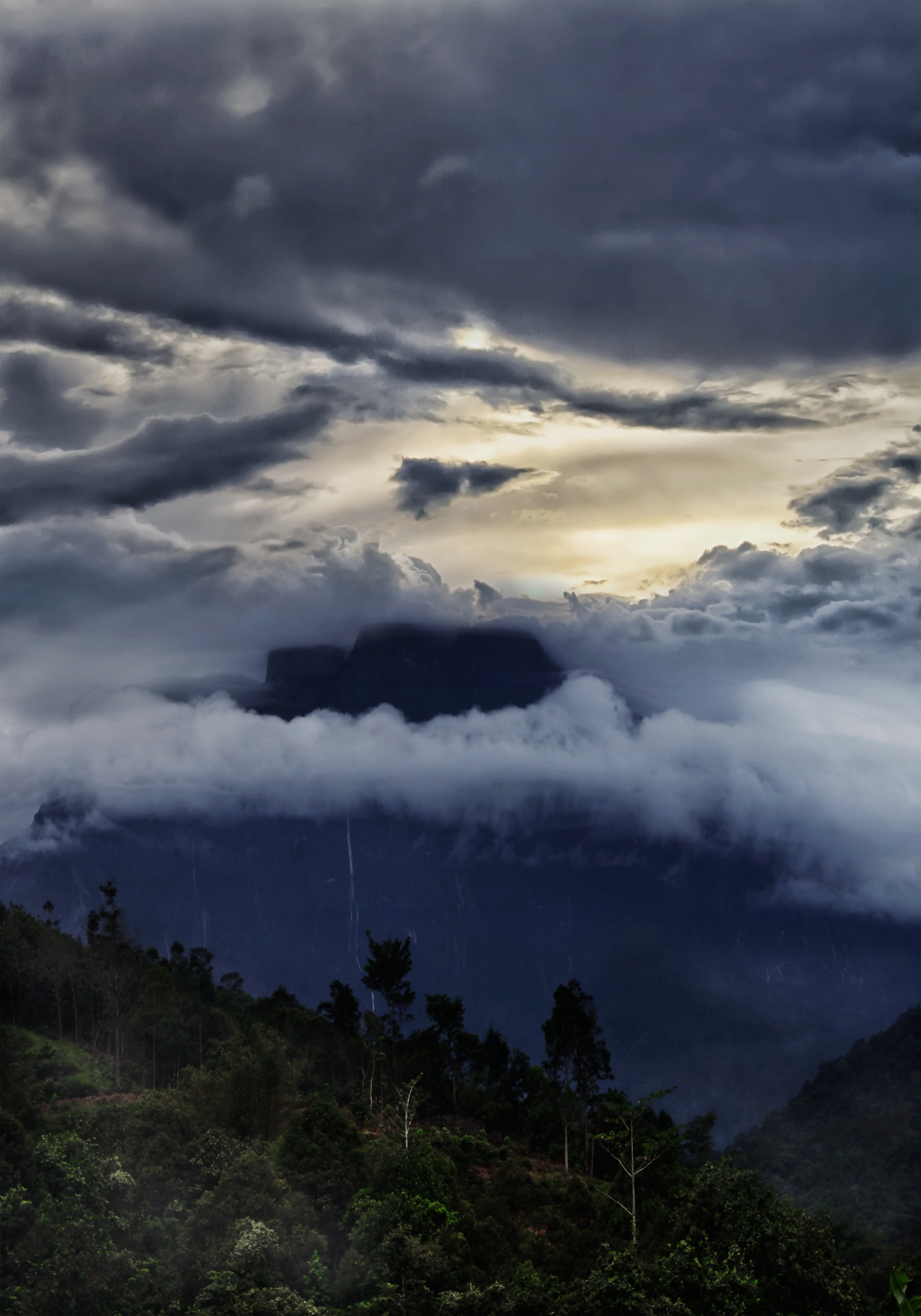


The Borneo Case
In The Borneo Case, documentary filmmakers Erik Pauser and Dylan Williams spend five years intimately following the trail of an unlikely group of activists whose aim is to investigate how profits from the illegal logging that has annihilated more than 90% of the Malaysian Borneo Rainforest, have been money laundered into property portfolios all around the world.
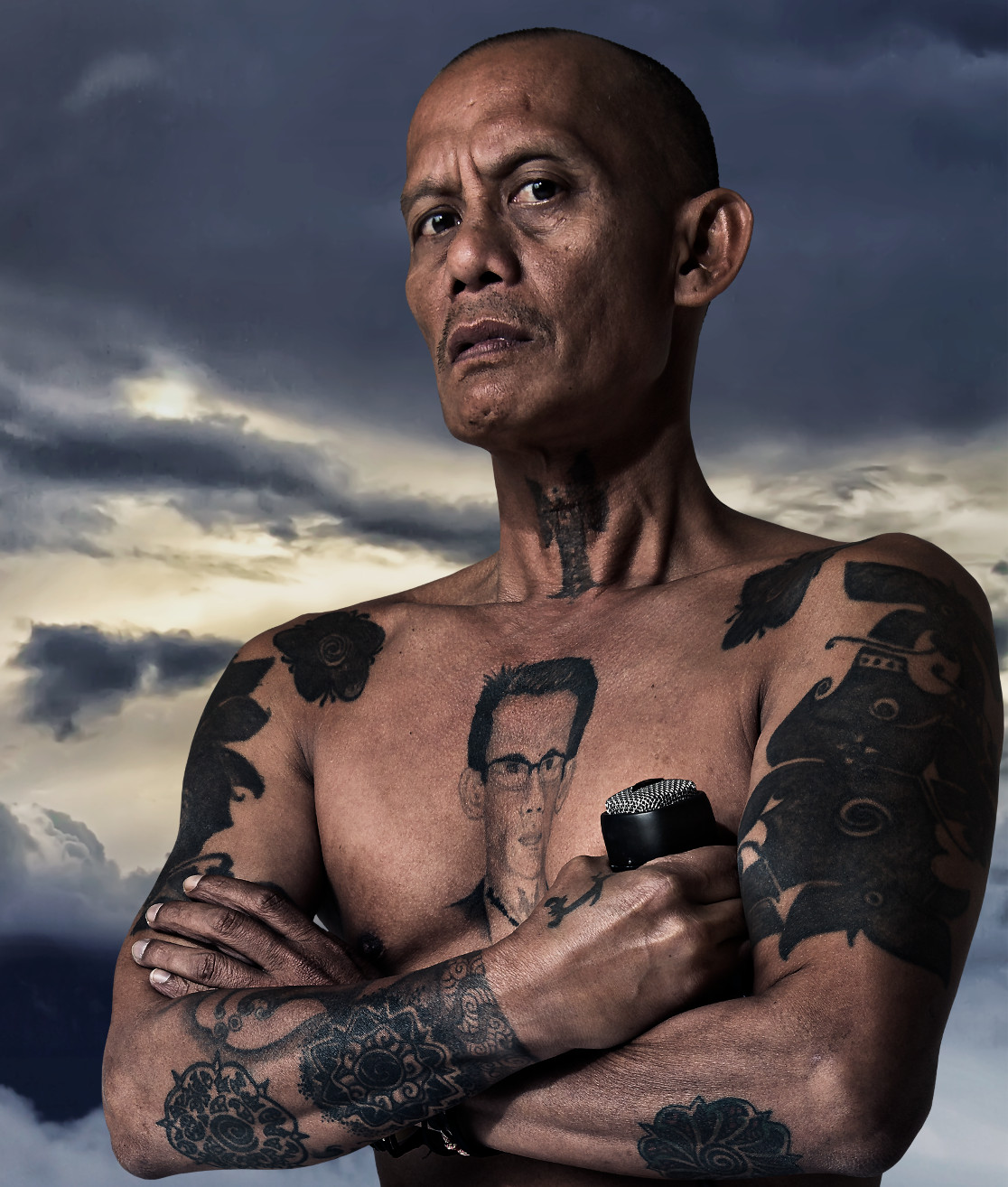
The group, made up of an exiled tribesman, a historian, an investigative journalist and a flamboyant DJ overcome death threats and intimidation in their efforts to unravel what has been dubbed “the Greatest Environmental Crime in History” (ex British Prime Minister Gordon Brown).
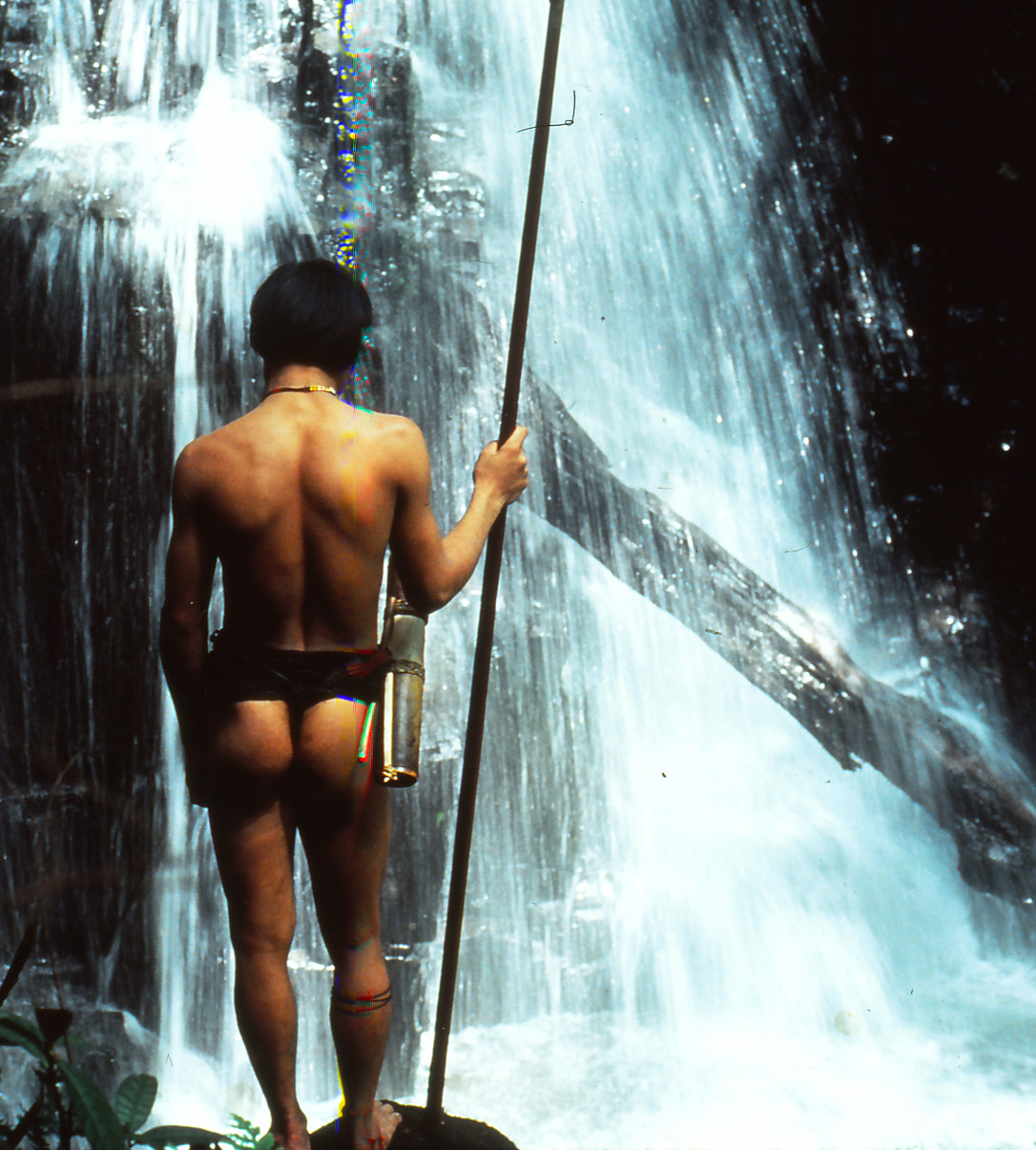
One of the weapons of the group is to start an illegal pirate radio station called Radio Free Sarawak. In a country where the government has complete control of the media, the radio station allows them for the first time to inform the people about what is really going on.
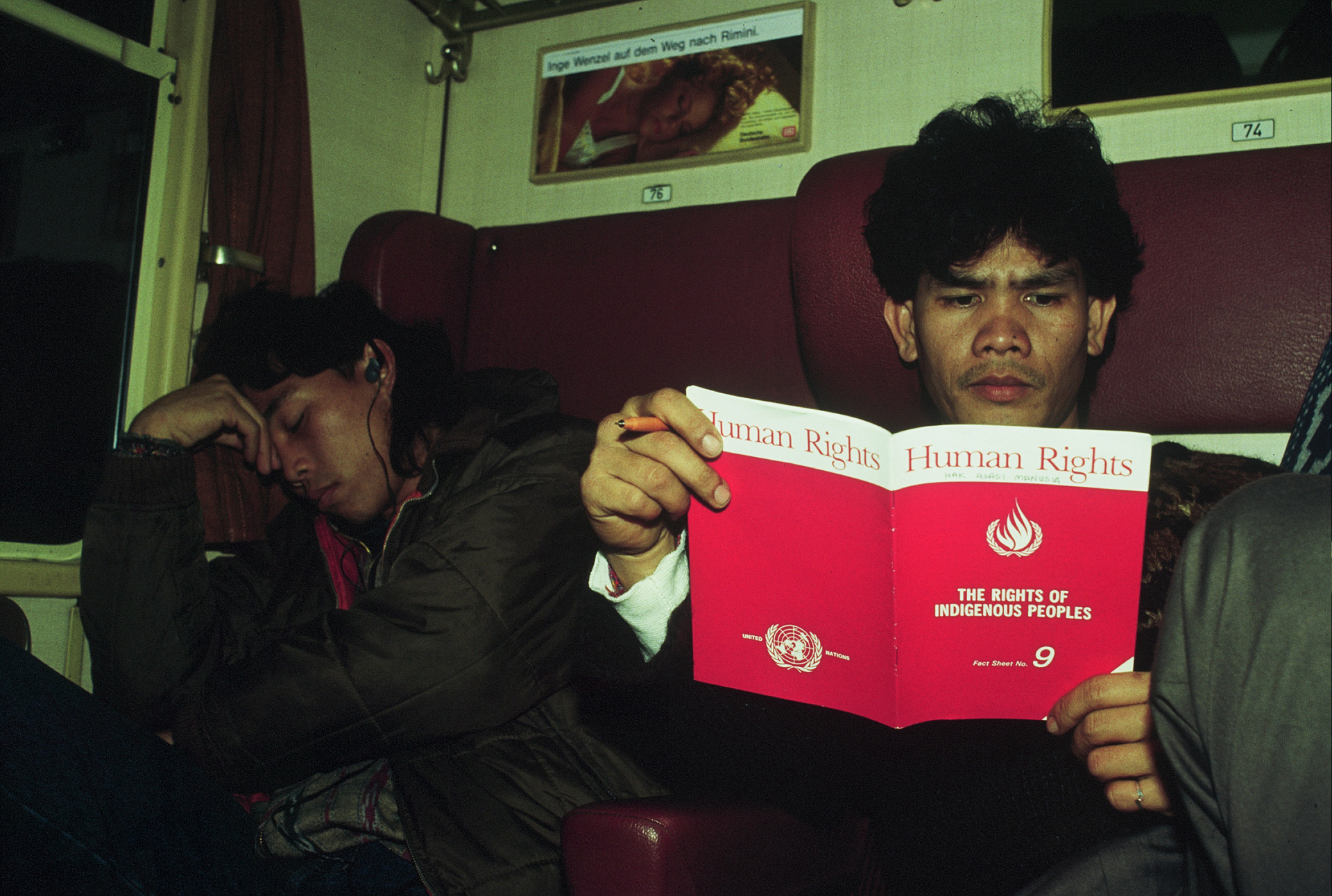
Mutang Urud
Twenty years have passed since Mutang Urud fled from Sarawak. Together with his friend Bruno Manser he had been organizing blockades in North Eastern Borneo to help the Penan, the Iban and the Kelabit tribes fight the illegal encroachment of their lands by the logging companies.
A member of the Kelabit tribe, he developed a deep relationship with Bruno. It was a relationship that was to change his life. Together with Bruno and Penan leaders Mutang Tu’o and Unga Paren he made a world tour whereby they visited over 25 cities on 4 continents speaking in front of huge crowds. There was a sense of optimism as an upsurge in belief that things had to be done about the state of the planet took hold.
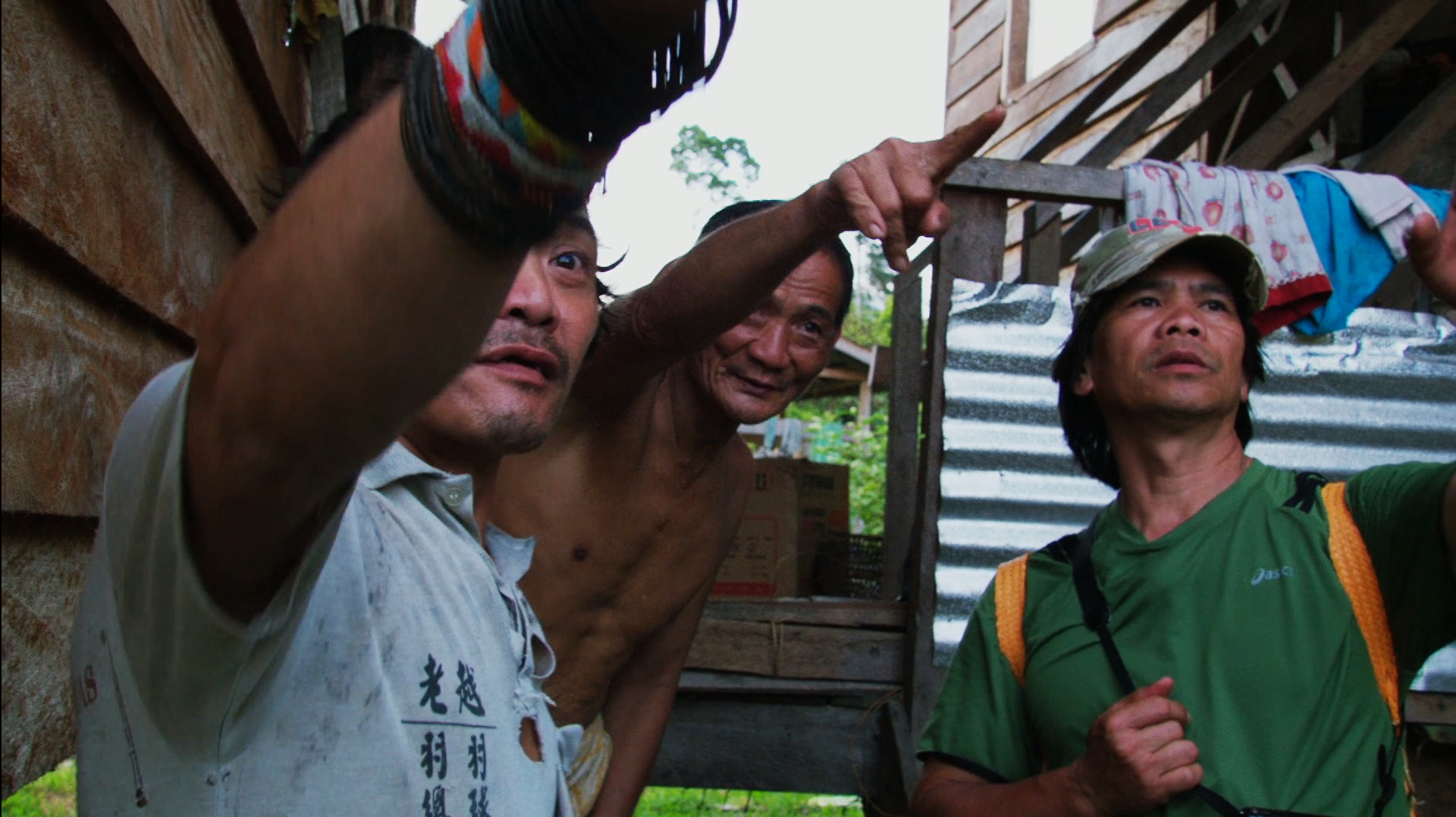
Foreword By Mutang Urud to Lukas Straumanns
Money Logging
I was born in a village in the “Heart of Borneo” as Tom Harrison wrote, near the remote headwaters of the Limbang River, in the Malaysian state of Sarawak. There is nothing more beautiful than the rainforests of Borneo where I spent my childhood. It was both our playground and our sweets shop. We foraged for rinuan honey and ground fruits on the forest floor, and climbed up vines and fruit trees to feed our sugar-starved young souls. Growing up surrounded by mountains, the forest was our only world, and under the dark canopy where the noonday seems like dusk, only the calls of birds and cicadas told us the time of day. Borneo’s virgin forest is also home to tens of thousand of insects, hundreds of bird species, and many mammals that are found nowhere else. A single hectare of our forest supports more tree species than all of Europe.
As a young adult in the 1970s, I watched the loggers not only destroy the forest, but divide communities with corrupting bribes and payoffs. They were like thieves in the night; indeed, they were working in such haste that their machinery could be heard at midnight, even on Sunday. Our ancestral land has been desecrated, our history erased, the very memory of our origins lost. As a young idealist, I could not stand by while this crime was occurring.
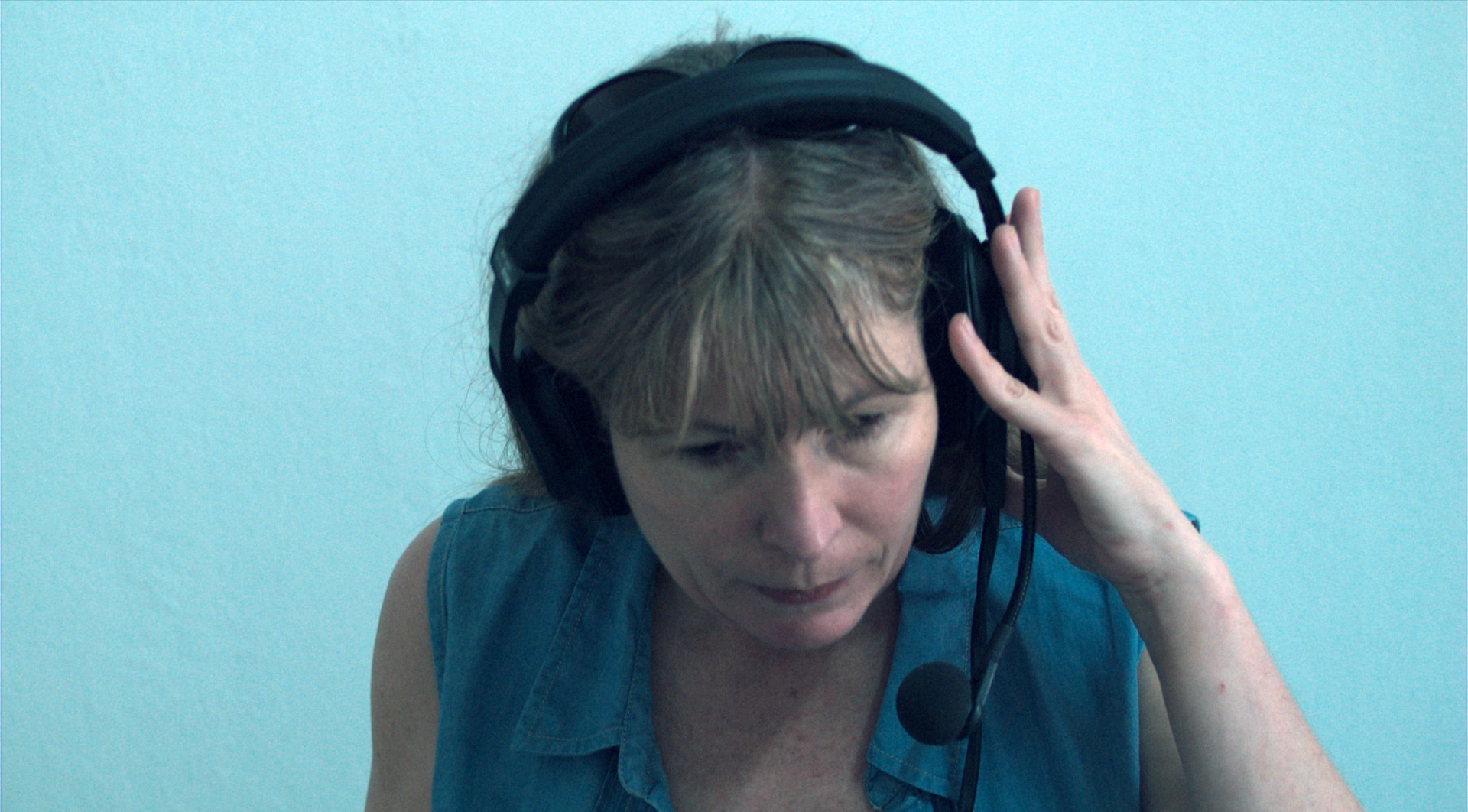
Clare Rewcastle
Clare Rewcastle is a British investigative journalist. Born in the Malaysian state of Sarawak, she is the founder of Sarawak Report and Radio Free Sarawak, which are openly critical of the Barisan Nasional-led state government of Sarawak.
She was born in Sarawak to British parents, before the territory joined Malaysia and attended the local primary school. Her mother, Karen, was a midwife working in remote clinics. She moved to the United Kingdom when she was eight, attended private boarding school and subsequently obtained her masters degree in international relations from the London School of Economics. She became a journalist, joining the BBC World Service in 1983.
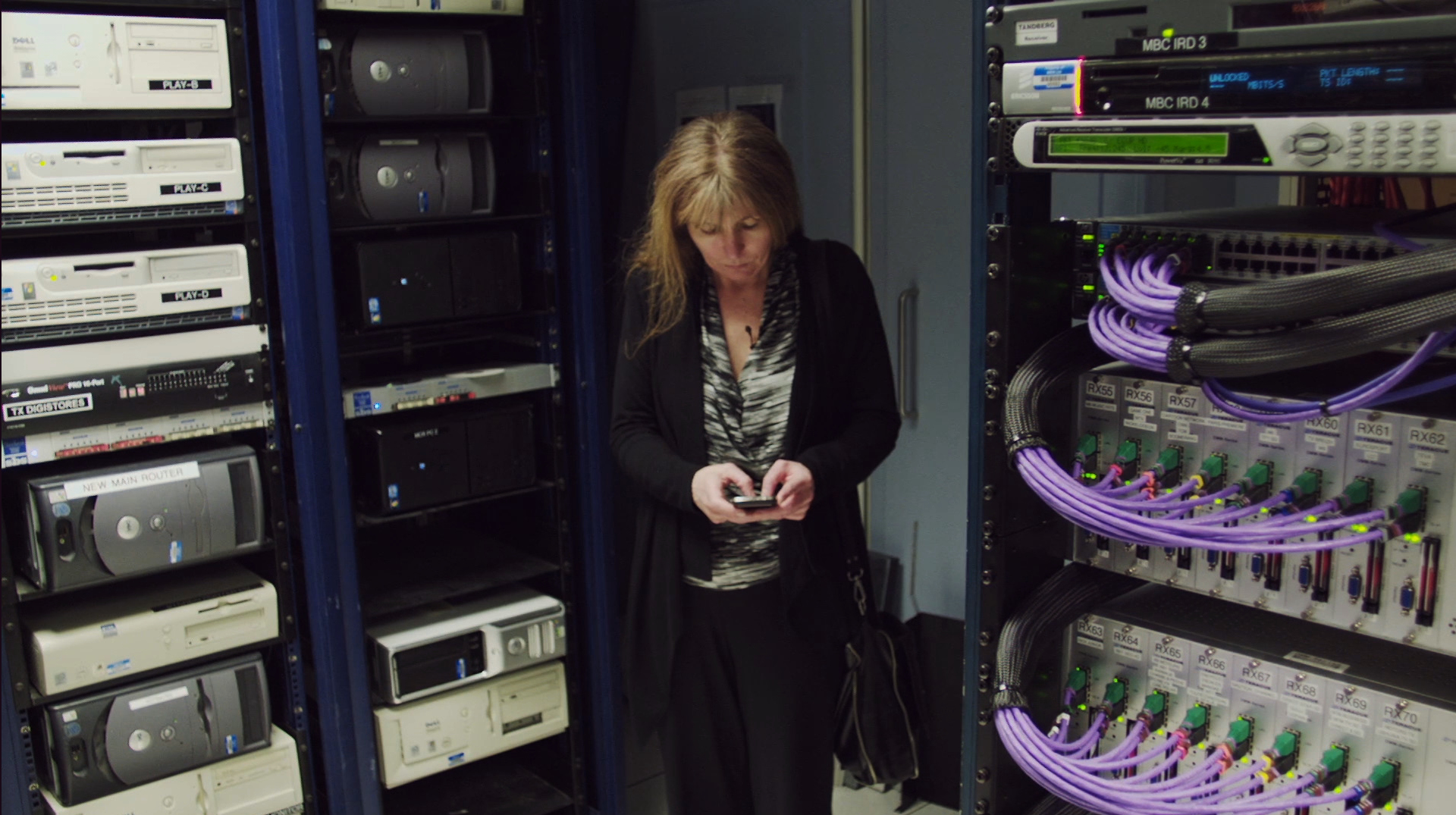
Sarawak Report and Radio Free Sarawak
During a visit to Sarawak in 2005 to speak at an environment conference, Clare Rewcastle was asked by local journalists and activists to help publicize the deforestation in the state. However, when she began probing into the issue, she became blacklisted from the state and received death threats.
In June 2010, she founded Sarawak Report, a blog seeking to highlight the destruction of Sarawak’s tropical rainforests for profit and alleged corruption by the state government led by Chief Minister Abdul Taib Mahmud. Sarawak Report alleges that Taib and his family have profited from the land taken away from Sarawak’s indigenous communities and have multiplied their wealth in assets and properties across the world.
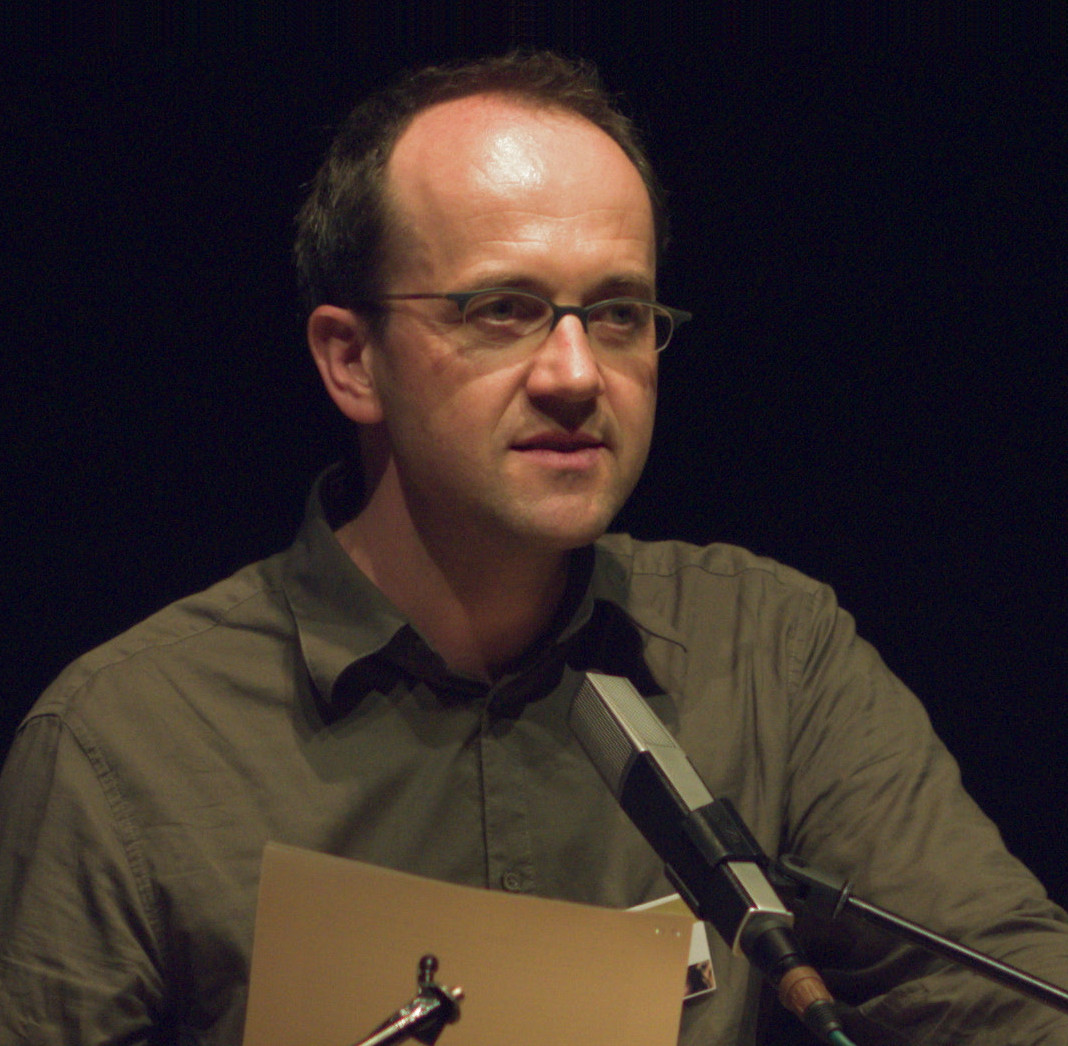
Lukas Straumann
A historian by training, Lukas Straumann is the executive director of the Bruno Manser Fund, a human rights and environmental organization that champions the rights of the indigenous peoples of Borneo.
Lukas was born near Basel, Switzerland, in 1969. He holds a phD in history from Zurich University. His latest book, “Money Logging” highlights the role of corruption as a key driver of tropical deforestation. The book investigates what Gordon Brown has called ‘probably the biggest environmental crime of our times’ — the massive destruction of the Borneo rainforest by Malaysian loggers.
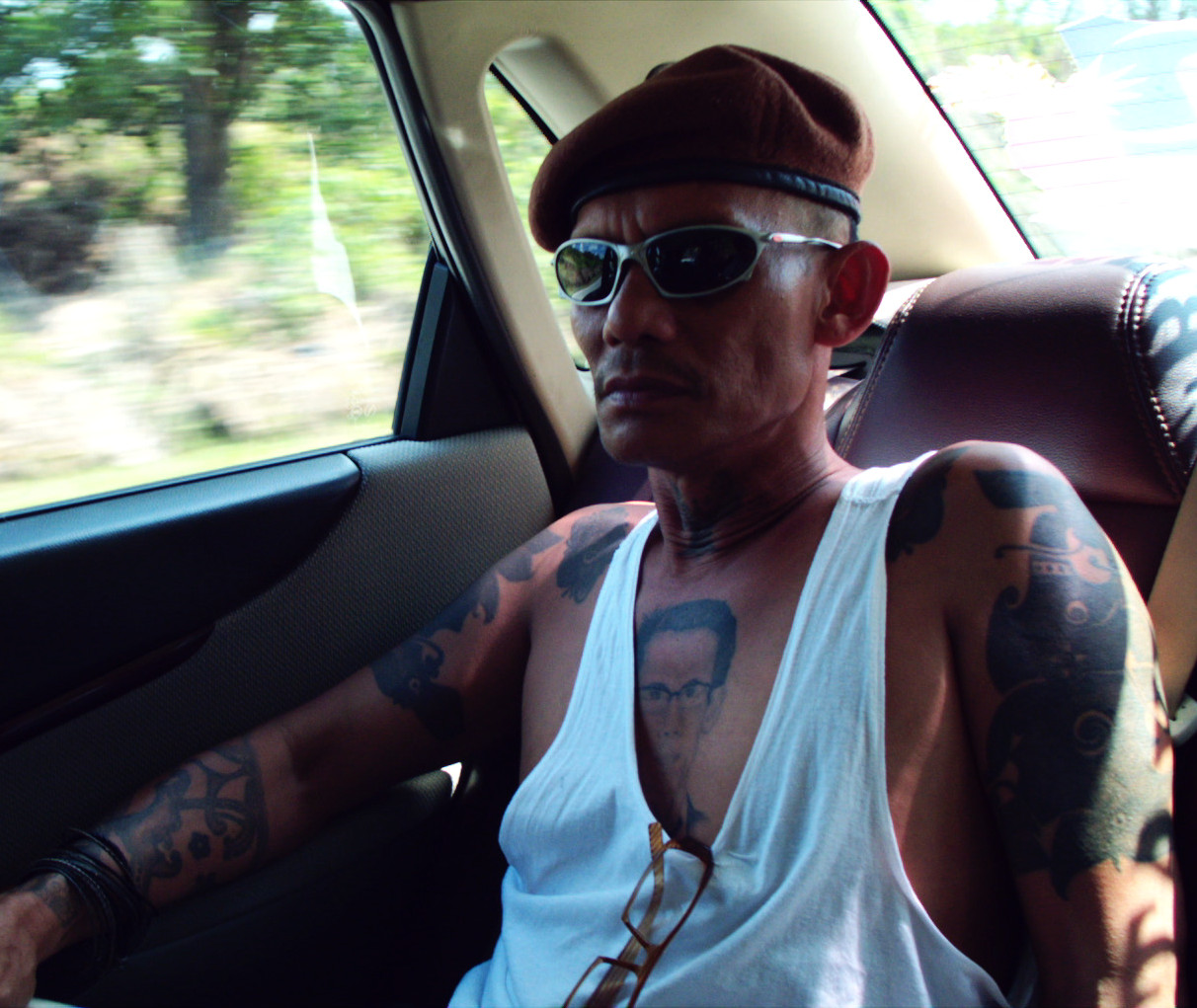
Peter John Jaban
Known by the pseudonym of “Papa Orang Utang,” Peter John Jaban is the voice of Radio Free Sarawak, a London-based shortwave radio station that broadcasts to local communities in the jungles of the Malaysian province of Sarawak, on the island of Borneo. A member of Sarawak’s Iban community, Jaban already defied the authorities by turning his previous radio station into a forum for criticizing exploitation and expropriation of the native population by the associates of Sarawak’s billionaire chief minister Taib Mahmud. Radio Free Sarawak has to operate clandestinely in Sarawak, where the authorities regard it as “seditious,” jamming its broadcasts and hacking its website in attempts to prevent it from spreading its “lies” and “poisoning the spirit of the people.” Since returning to Sarawak in 2012, Jaban has lived in constant fear of being arrested but that doesn’t stop him from commenting ironically: “I much appreciate the honour of this recognition, not least because it may be useful if I am arrested.”
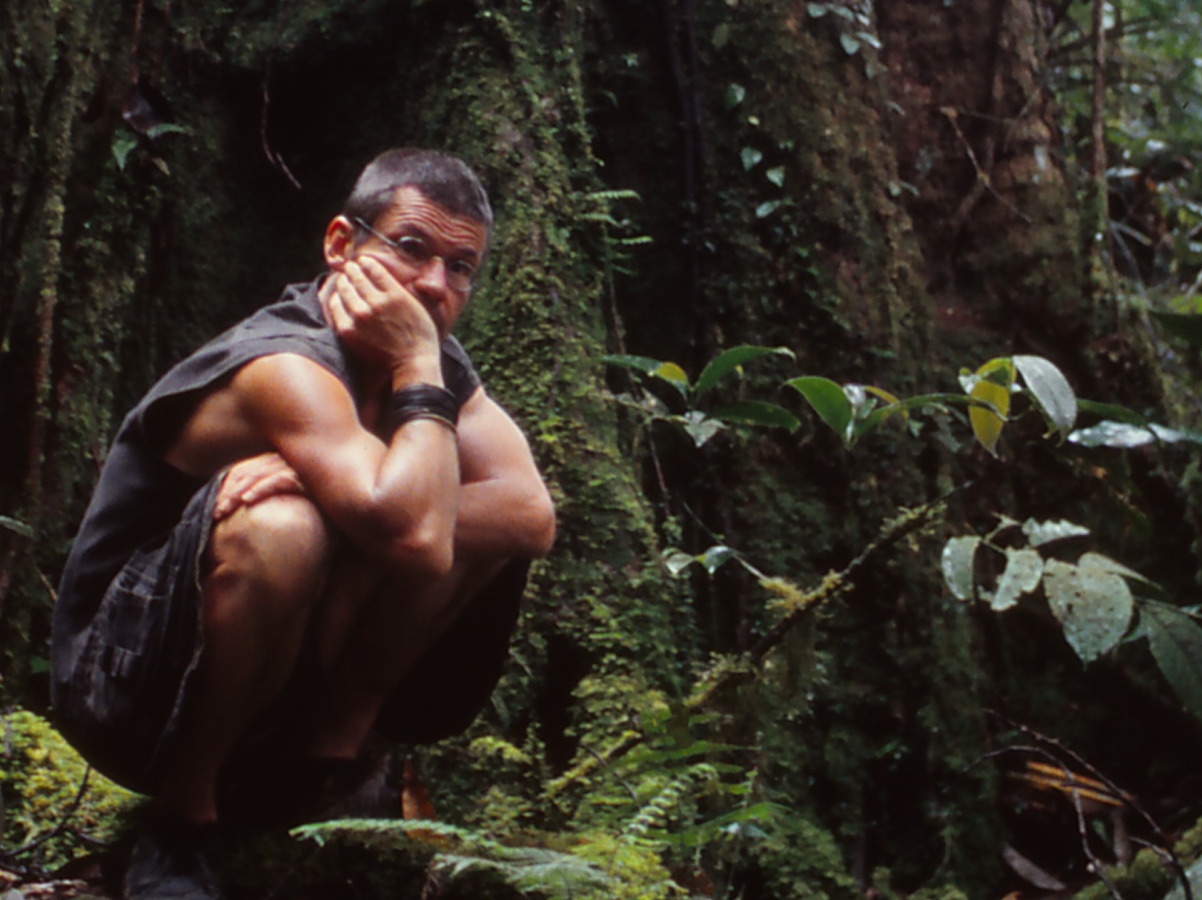
Bruno Manser
Born in 1954 in Basel, Switzerland, Manser was from an early age interested in indigenous cultures and living close to nature. After several years as a shepherd in the Swiss Alps, Manser joined the Penan nomads of Sarawak, Malaysia. He stayed with them for six years before finally fleeing the country with a bounty on his head. He spent the 1990s advocating on behalf of the Penan through his organization, the Bruno Manser Fund, by giving lectures, writing books and by appearing in films and on television. He also staged more spectacular protests, by going on a hunger strike and paragliding into the Sarawak Chief Minister’s backyard to get more attention for the cause of the Penan. Manser went missing in the Sarawak jungle in 2000 and was officially declared dead in Switzerland in 2005.
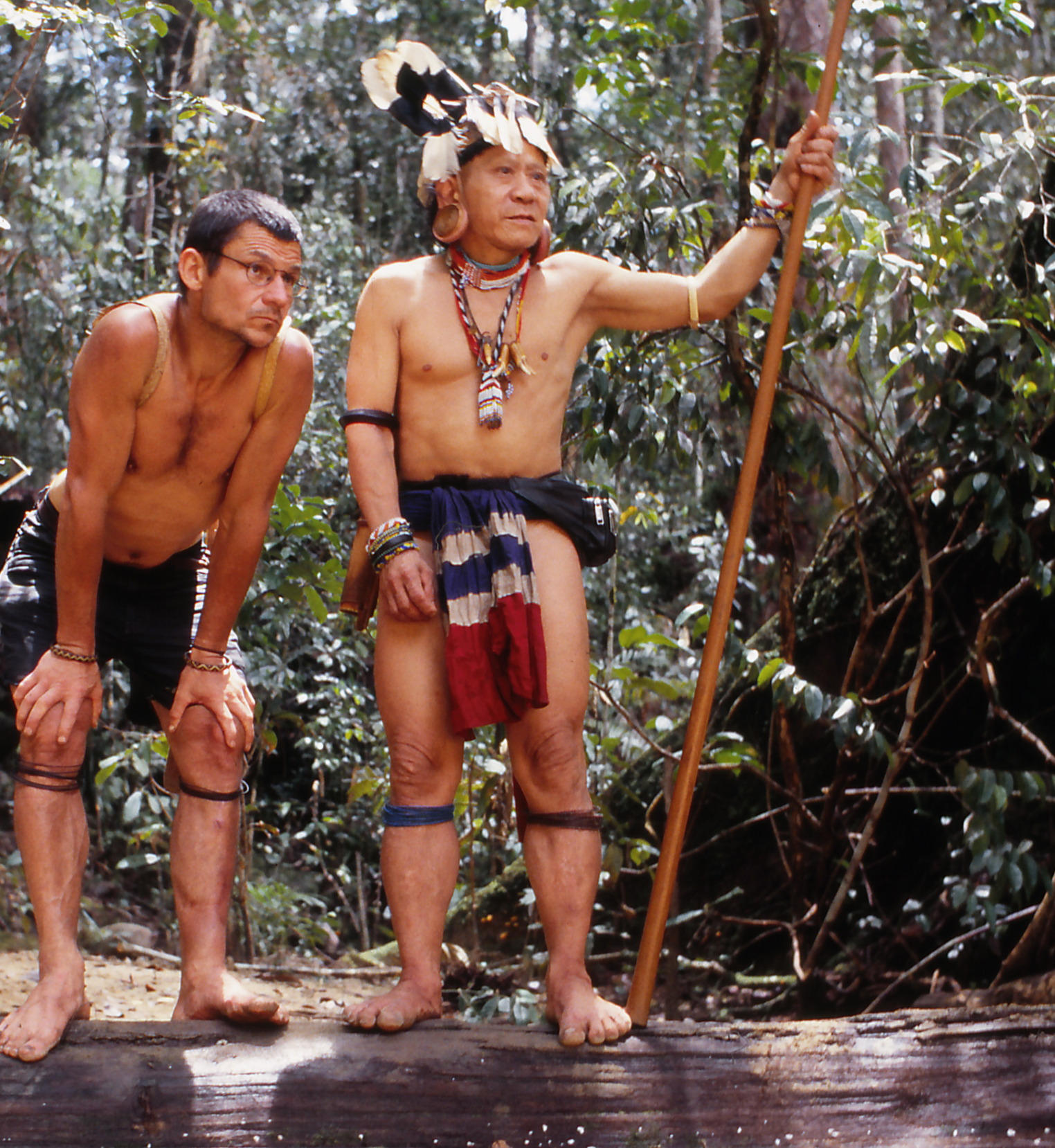
Along Sega
Along Sega who is seen in the film, who was probably in his 70s when he died on February 2, 2011, was the tribal leader of one of the last nomadic Penan groups in the Upper Limbang region of Sarawak, one of two Malaysian states on the island of Borneo; he fought a courageous, though ultimately futile, battle against the logging companies devastating his ancestral lands.
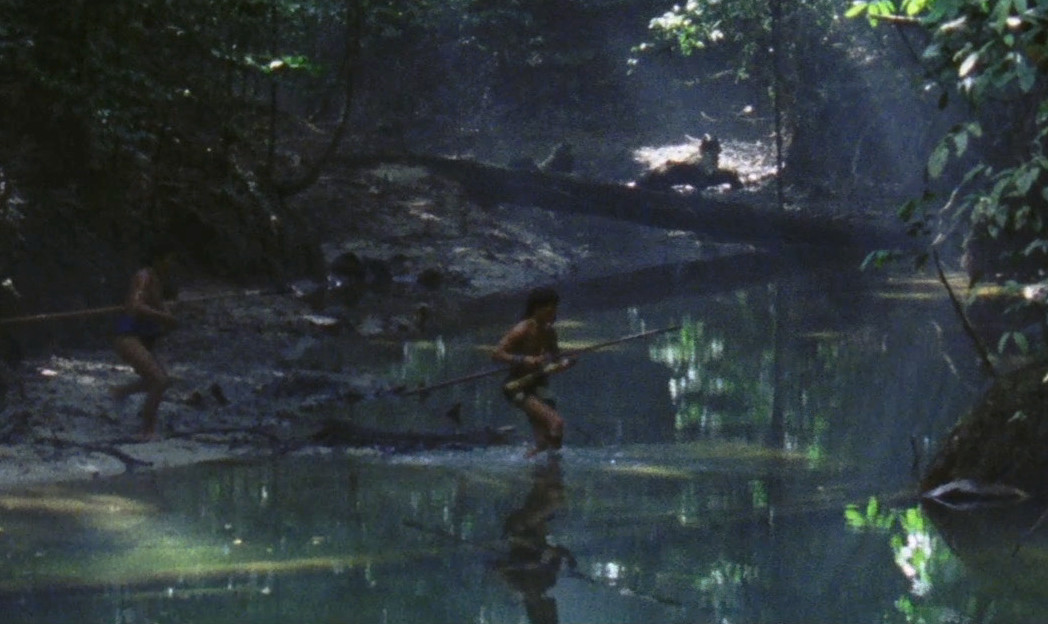
Sarawak Borneo
Sarawak is one of two Malaysian states on the island of Borneo. Known as Bumi Kenyalang, “Land of the Hornbills”, Sarawak is situated on the north-west of the island. It is the largest state in Malaysia
The administrative capital is Kuching, which has a population of 579,900. As of the last census (2010), the state population was 2,420,009.
Recent Images from Google Earth seem to prove the claims of campaigners that Sarawak has lost 90% of its forests as a result of logging.
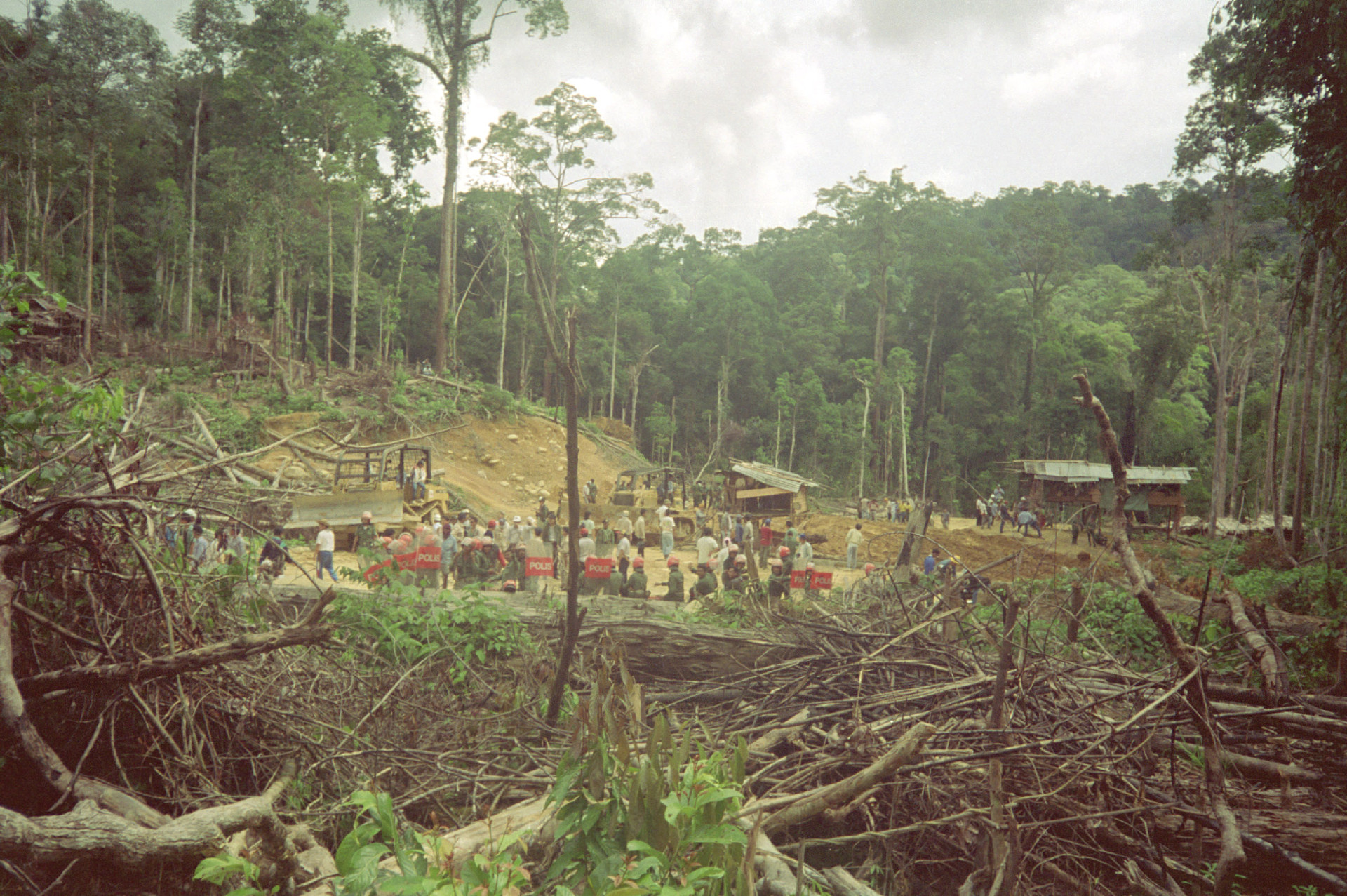
Peter Bosshard, Advisor, International Rivers
on Lukas Straumanns “Money Logging, On the Trail of the Asian Timber Mafia”,
Bergli Books 2014.
Sarawak, the Malaysian province on the island of Borneo, has long been one of the six world regions with the highest biodiversity. An average hectare of Sarawak rainforest contains more tree species than all of Europe. The local Penan communities have names for more than 1300 of the plants they live with. The forest is also home to orangutans and tree leopards, hundreds of bird species, and frogs that can glide up to 20 meters through the air.
The greed and corruption of a small clique are now turning Sarawak’s rainforests into a monoculture of oil palms and hydropower reservoirs. In a gripping new book, Lukas Straumann, the Executive Director of the Bruno Manser Fund, documents the local politics, international complicity and desperate resistance in the struggle over one of the world’s last paradises.
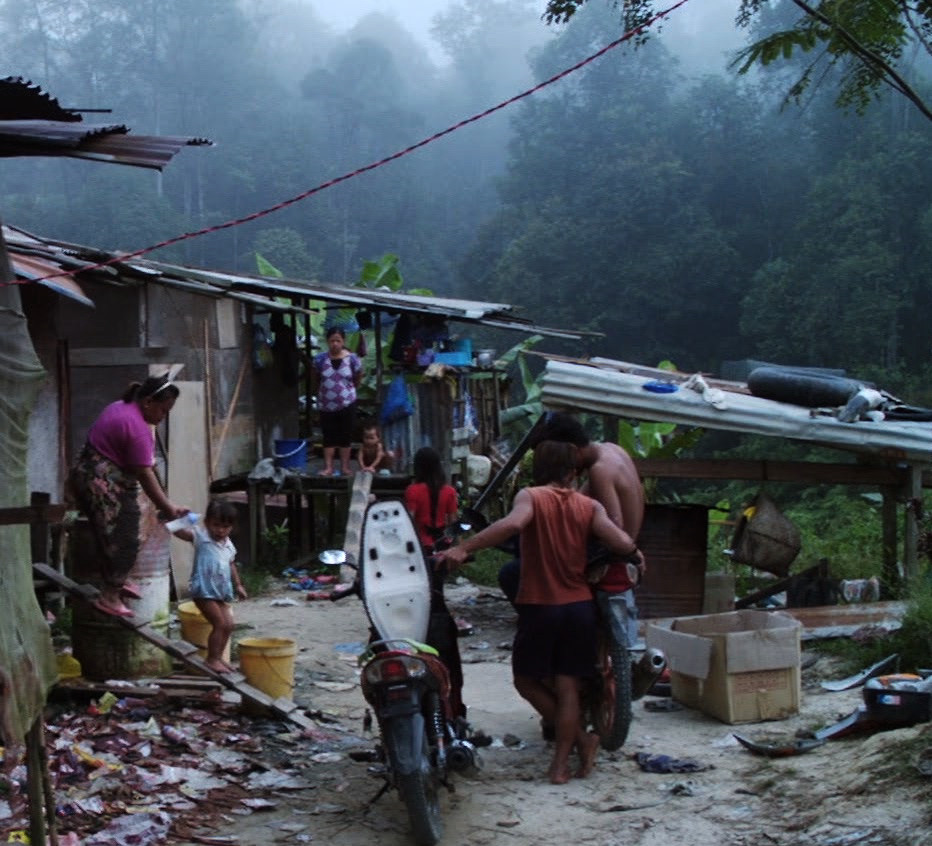
The Independent Thursday 10 March 2011
Fight for the Borneo rainforest:
Gordon Brown celebrates the role
of journalist Clare Rewcastle.
I have a declaration of interest to make at the outset. Clare Rewcastle is my sister-in- law. She is also a journalist who has had a lifelong fascination with the environment. She was busy raising a family — and was not hunting for the ext big exposé. But, as she researched into the community where she had been brought up, she stumbled upon what is probably the biggest environmental crime of our times.
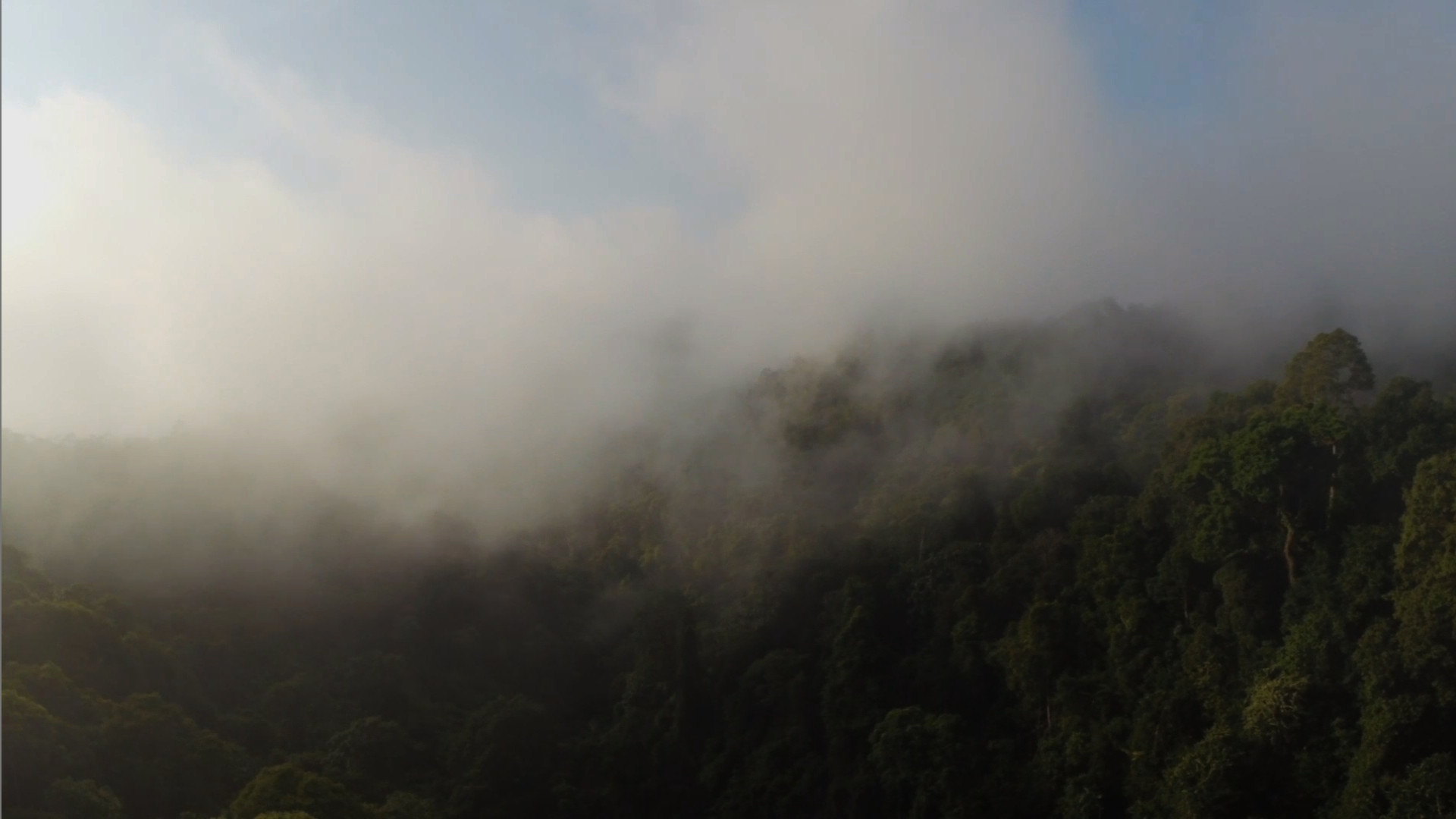
AMP film
Amp film was founded in 2008 when experienced producers and filmmakers Erik Pauser and Dylan Williams decided to team up and create a production company that would act as a hub for a wide net of artists, photographers, musicians and filmmakers to produce storytelling of the highest quality. The company has since successfully built up a reputation for creating high quality productions that have met both critical and popular acclaim and been distributed widely. Their films have been shown in over 30 TV territories worldwide, been Theatrically Distributed in Scandinavia, Spain, Argentina, Chile, Uruguay and Taiwan and have picked up awards including Best Film at the Art Doc Fest in Moscow, FICA Brazil, San Francisco, an Ikaros Prize for Best Swedish TV Doc, an Honorable Mention at the Prix D’Italia, Prix Europa as well as a handful of Audience Awards including Silverdocs 2010.
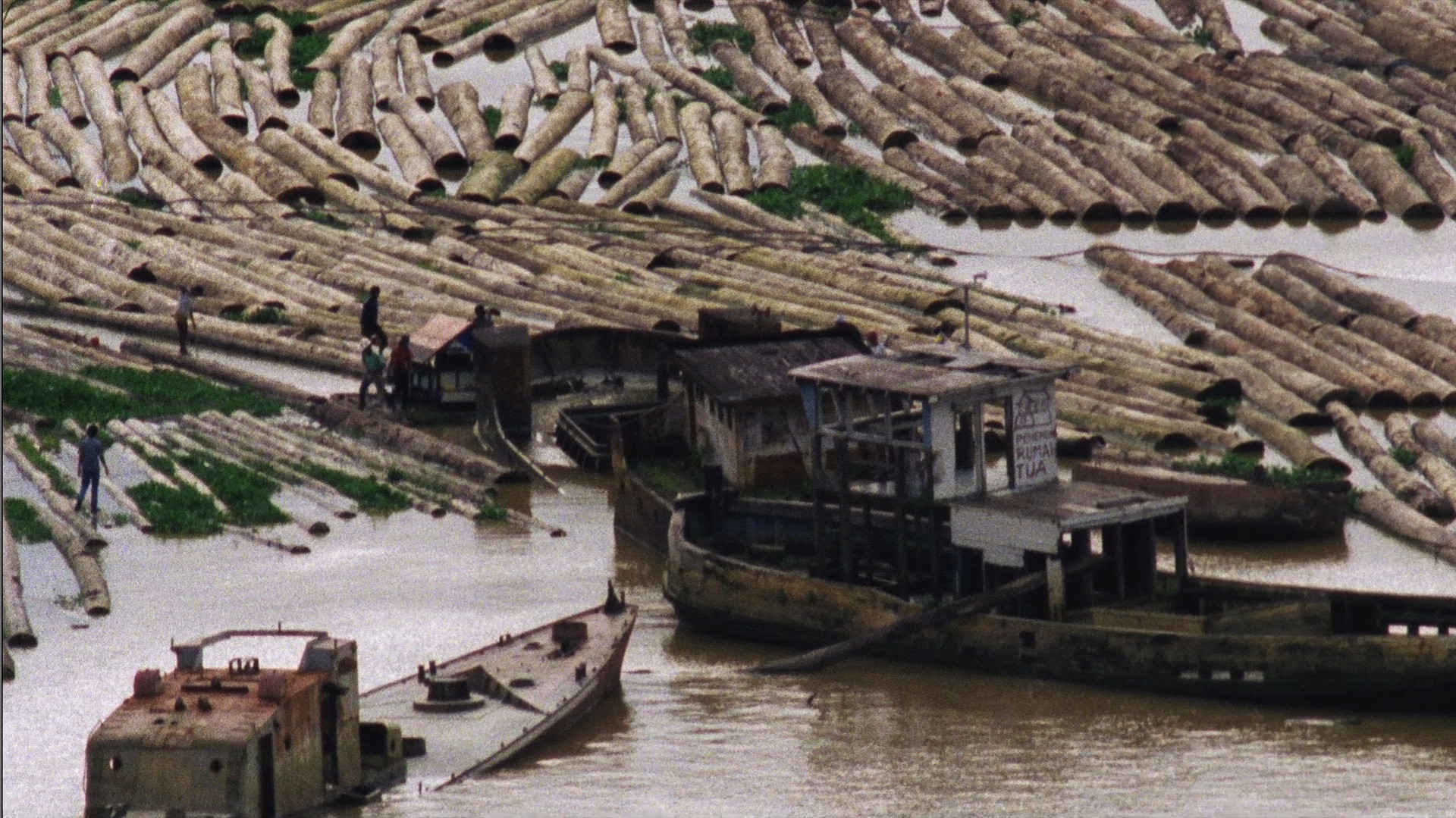
The Team
Erik Pauser works as a director, producer and visual artist. Before “The Borneo Case” he produced “Palme’s Secret Agent” about the Swedish support to the anti- apartheid movement i South Africa. He directed “The Machine” with Lars Tunbjörk as cinematographer and “The Face of the Enemy” that premiered in competition at IDFA 2009. He produced “Infected”, “Maneuvers in the Dark”, “Men Who Swim” and “Holocene”.
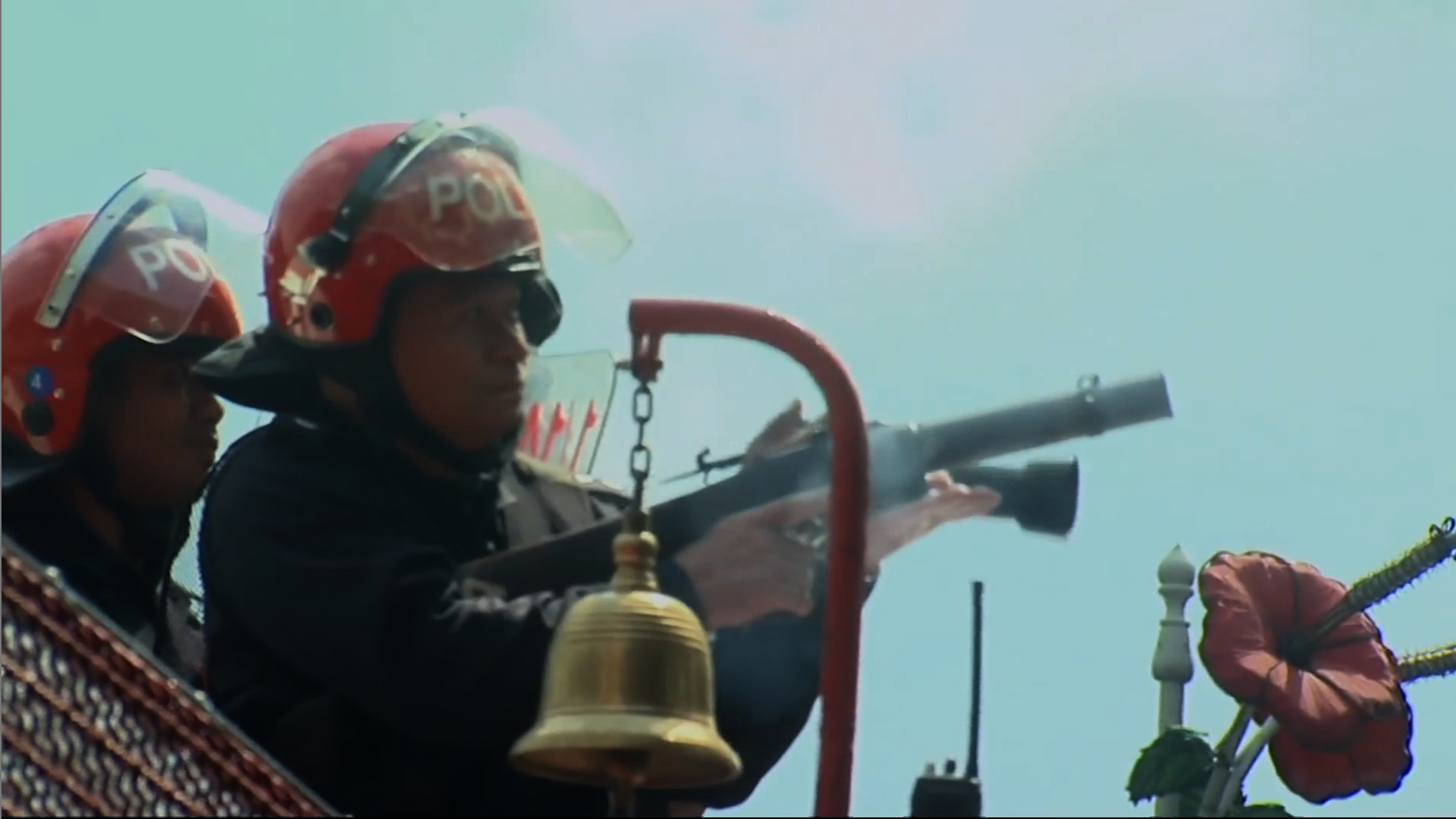
Impact Objectives
Together with our partners we want to create Greater Public Awareness and spark a debate about the topics raised in the film. We especially want to raise the awareness and highlight the role of western banks, financial institutions and funds in connection with money laundering of illegal logging profits and in unethical investment in the extractive industries.
Links
http://www.rimba.com/spc/spcpenanmain2.html
(On logging/The Politics of Timber/ corruption/The Role of Japan/Penan Resistance/
The International Campaign/Nomads of the Dawn
https://www.theguardian.com/world/2016/jul/28/1mdb-inside-story-worlds-biggest-financial-scandal-malaysia
(How a jailed former banker and a lone British journalist broke a story that shook the world)
https://www.theguardian.com/film/2016/aug/31/leonardo-dicaprio-wolf-of-wall-street-rainforest-charity-malaysia
(On the 1MDB scandal, Leonardo Di Caprio, Scorcese, Red Granite)

AMP FILM
Grindsgatan 31
118 57 Stockholm
ERIK PAUSER
director / producer / cinematographer
erikpauser@ampfilm.se
mobile. +46.70.255.3152
DYLAN WILLIAMS
producer / director
dylan@ampfilm.se
mobile. +46.70.486.0128

